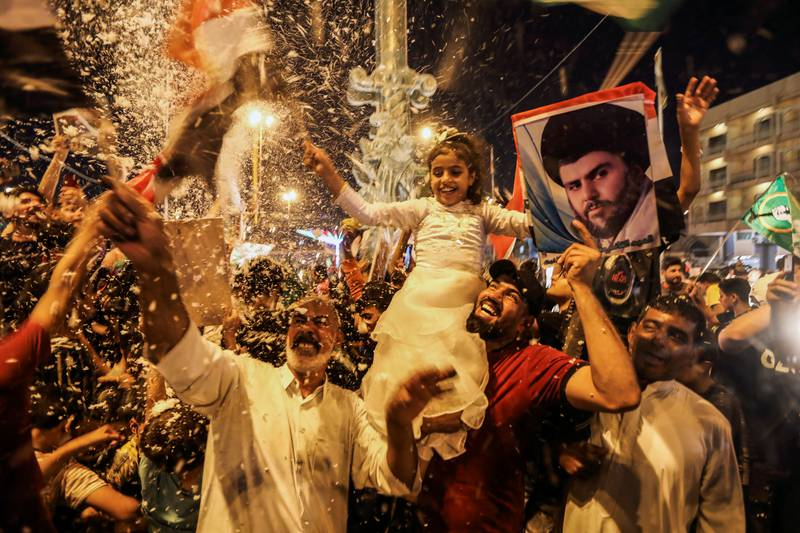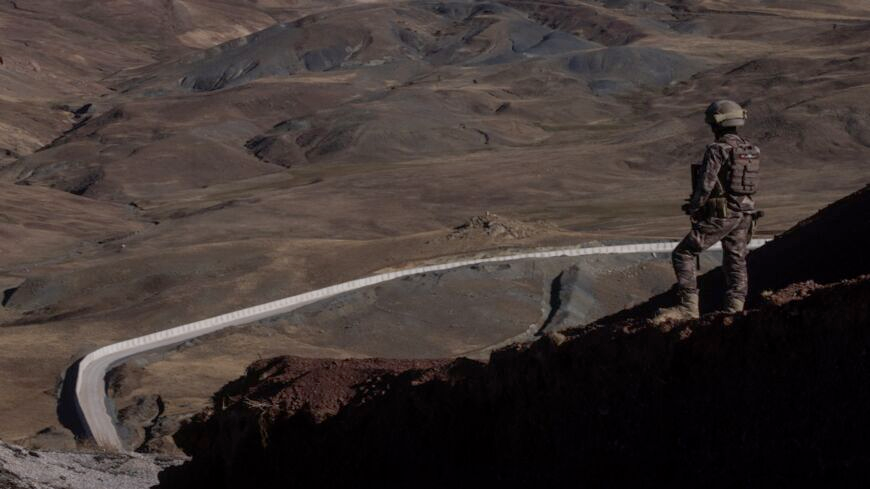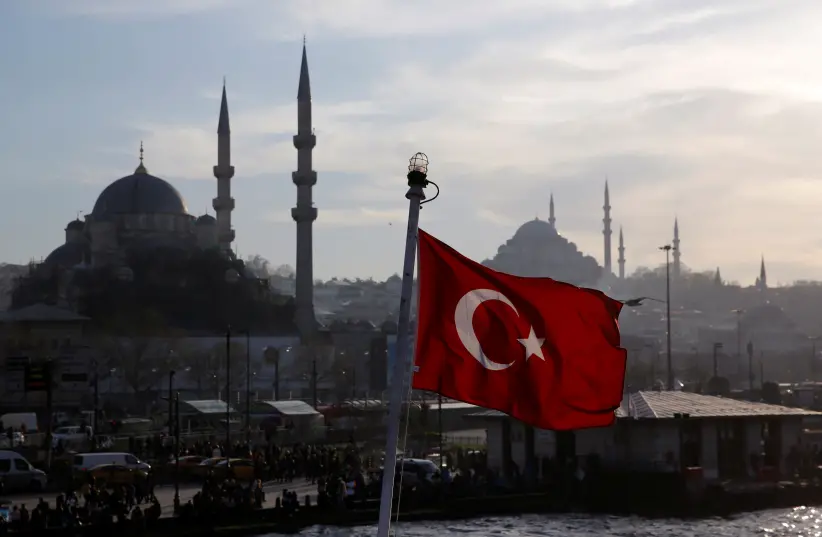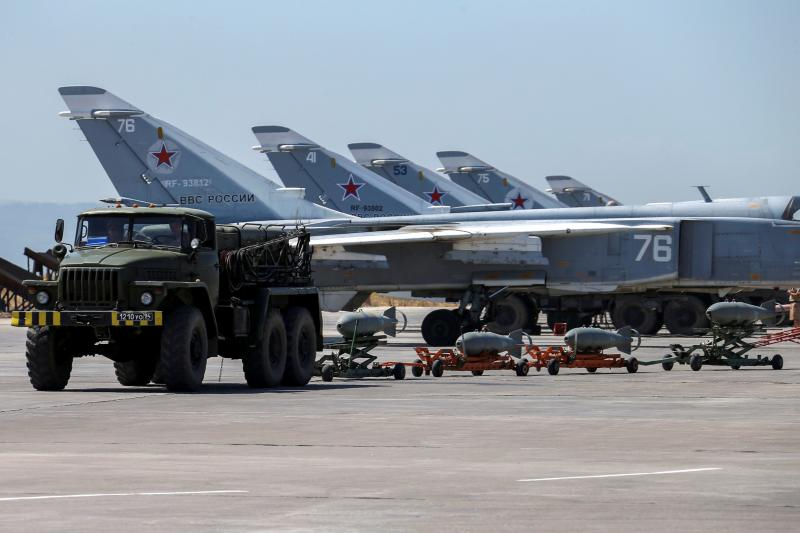Firebrand Cleric Scores Above Iran-Backed Militias In Recent Elections In Iraq – Analysis
A firebrand Shiite cleric and America’s old foe, Muqtada al-Sadr, has emerged as the strongest political leader in Iraq after his bloc garnered the highest number of seats in the general elections last week. He backed the Sairoon list of candidates who scored a total of 75 seats—20 more than the last elections in 2018.
Muqtada al-Sadr, 47, is the son of Grand Ayatollah Mohammed Sadiq al-Sadr, who was a stalwart opposition figure in Iraqi politics during Saddam Hussein’s time and was allegedly assassinated on Hussein’s orders.





